Hospital Air Quality
Providing clean air in a medical environment is essential for both patient and staff welfare.
Cleaning air ducts
Clean air in hospitals is crucial for ensuring the health and safety of patients, staff, and visitors. It significantly reduces the risk of hospital-acquired infections (HAIs), which can arise from airborne pathogens such as bacteria, viruses, and fungi.
Sealing air systems
Sealing an air system in a hospital is a critical measure to maintain good air quality by preventing the infiltration of contaminants and ensuring the controlled flow of clean, filtered air throughout a hospital. By sealing the air system, hospitals can effectively contain and manage the internal environment, minimising the entry of pollutants such as dust, pollen, and vehicle emissions from outside.
Protecting patients
Maintaining a sealed air system in hospitals is vitally important for patients due to several key reasons. The primary benefit is the prevention of hospital-acquired infections (HAIs). By sealing the air system and using high-efficiency filters, hospitals can significantly reduce the presence of airborne pathogens, thereby decreasing the risk of infections. This is particularly crucial for immunocompromised patients, such as those undergoing surgery, chemotherapy, or organ transplants, who are more susceptible to infections.
